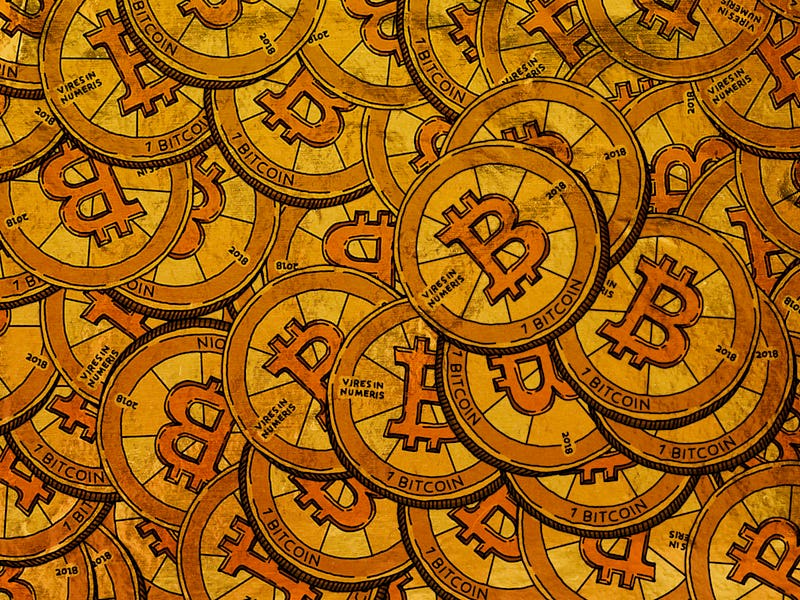The New York AG Report on Shady Crypto Brokerages Could Be a Game-Changer
How to find an exchange that's actually legit.

The often murky world of cryptocurrency exchanges was put under a spotlight by one of the country’s most aggressive attorneys general recently, and the results paint a picture of inconsistent, unregulated hubs for buying and selling bitcoin and other popular digital currencies.
The New York State Attorney General on Tuesday published its review as part of the Virtual Markets Integrity Initiative, and sheds light on why it hurt so much when the bitcoin bubble burst. Essentially, excitement outpaced the guardrails, particularly on the exchanges where people go to buy and sell crypto.
Of particular note is the revelation that only four exchanges have a formal market manipulation policy which may indicate they are safer homes for your cryptocurrency. Those four exchanges are:
Four out of ten isn't great!
The report also refers three major exchanges — Binance, Gate.io, and Kraken — to authorities over charges that they violated state law by allowing trading on the part of New York customers.
But there were other flaws the industry will need to address, particularly the problem of market manipulation. This is a problem that’s often beset exchanges (you don’t have to spend a lot of something that’s worth a few thousandths of a cent, it turns out, to inflate its price and make a quick buck.)
Cryptocurrency exchanges are located worldwide.
How Bots Manipulate Cryptocurrency Prices:
So why should you care about something boring like market manipulation or conflicts of interest? It matters if you don’t want to get scammed. Bots and anonymity, in particular, make it easy for market manipulators to move prices and make it seem like many people are buying a given crypto asset. Lots of people buying signals to other people that something meaningful must of happened (even though this is rarely if ever the case), and, eventually, someone gets left suck with the bill. Bubbles feed on irrational exuberance.
This on-boarding info is required at each of these cryptocurrency exchanges, according to the New York Attorney General Offices' report.
That’s why more established exchanges like Coinbase require documentation and identity verification in order to sign up and make trades. On the other end of the spectrum, Bitfinex was singled out in the report as being particularly lax by allowing people to sign up even when they’re using a VPN which, of course, defeats the whole purpose of sign-ups by allowing people to obfuscate their identity.
Are Cryptocurrency Exchanges Insured?
Another particularly interesting finding revealed in the report is how these firms are dealing with the problem of insurance. Pretty much every reputable business has some kind of insurance, because bad things — for example, hundreds of millions in crypto disappearing in a hack — happen. But how to insure crypto holdings is still an open question. What, after all, is a fair premium to pay for something that could be worth a dollar today and $4 tomorrow?
Coinbase told the AG’s office that the money under its custody is insured, and others like bitFlyer USA, cover the topic in detail in the FAQ section of their website. However, another exchange, iBit, refused to answer the AG’s questions about its insurance policies, with some of them saying there’s no such thing as the kind of insurance they actually need. That’s alarming! If you’re thinking about giving a cryptocurrency exchange your money, you should know they have a plan for what happens if it suddenly disappears.
This is all pretty dry stuff, fine, but it’s also crucial. Digital currencies will never live up to their potential if regular consumers are getting scammed left and right. People also need to be able to approach digital currencies with some sort of common vocabulary, and some sort of common set of rules.
We know that when we play blackjack in a casino, the odds are stacked in favor of the house. Now we know which crypto exchanges were playing by casino-like rules, if they had any rules at all. That could be a game-changer with consequences that reach far beyond New York.